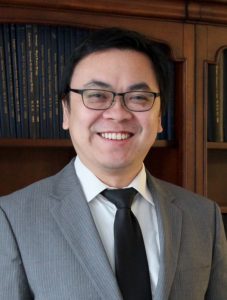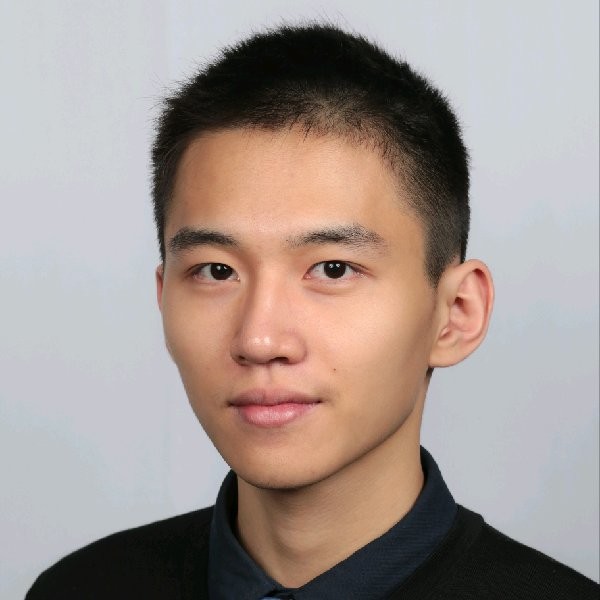Joseph Chow, Ziyi Ma, Optimizing a Redesigned Bus Network using Open-Source Simulation
Despite the emergence of many new mobility options in cities around the world, fixed-route transit, such as bus travel, is still the most efficient means of mass transport. Since 2007, travel speed reductions and increased congestion due to greater mobility options competing for road space have led to a vicious cycle of ridership reduction and further increased congestion as former bus passengers take to other less efficient modes—bus ridership in Brooklyn has declined by 21% during this period. Intervention is required to promote a virtuous cycle and make the bus more competitive, especially in the face of increased competition from ride-hail services. This can be accomplished by redesigning the bus network in a way that does not increase operating costs while reducing user costs and increasing accessibility for more riders. In this webinar, Professor Joseph Chow and Ziyi Ma discussed their development of a new tool that allows transit agencies to design bus transit networks. By using multi-agent simulation, users can take a set of routes and output a GTFS file that includes a bus schedule with forecasts of ridership and load profiles, fare revenue and farebox recovery ratio (the share of operating expenses met by passenger fares), and operating cost. Through this technique, Professor Chow and Ziyi showed how an optimized bus schedule might improve the farebox recovery ratio up to 60% over the existing case.
 Dr. Joseph Chow is an Assistant Professor in the Department of Civil & Urban Engineering and Deputy Director at the C2SMART University Transportation Center at NYU and heads BUILT@NYU: the Behavioral Urban Informatics, Logistics, and Transport Laboratory. His research expertise lies in transportation systems, with emphasis on multimodal networks, behavioral urban logistics, smart cities, and transport economics. He is an NSF CAREER award recipient; he serves as the elected Vice-Chair of the Urban Transportation SIG at INFORMS Transportation Science & Logistics Society and is an appointed member of the Editorial Boards for Transportation Research Part B and the Committee on Transportation Network Modeling (ADB30) at the Transportation Research Board of the National Academies. Prior to NYU, Dr. Chow was the Canada Research Chair in Transportation Systems Engineering at Ryerson University. From 2010 to 2012, he was a Lecturer at the University of Southern California and a Postdoctoral Scholar at UC Irvine, where he led the development of a statewide freight forecast model for Caltrans. He has a Ph.D. in Civil Engineering from UC Irvine (‘10), and an M.Eng. (‘01) and B.S. (‘00) in Civil Engineering from Cornell University with a minor in Applied Math. Dr. Chow is a former Eisenhower and Eno Fellow and a licensed PE in NY.
Dr. Joseph Chow is an Assistant Professor in the Department of Civil & Urban Engineering and Deputy Director at the C2SMART University Transportation Center at NYU and heads BUILT@NYU: the Behavioral Urban Informatics, Logistics, and Transport Laboratory. His research expertise lies in transportation systems, with emphasis on multimodal networks, behavioral urban logistics, smart cities, and transport economics. He is an NSF CAREER award recipient; he serves as the elected Vice-Chair of the Urban Transportation SIG at INFORMS Transportation Science & Logistics Society and is an appointed member of the Editorial Boards for Transportation Research Part B and the Committee on Transportation Network Modeling (ADB30) at the Transportation Research Board of the National Academies. Prior to NYU, Dr. Chow was the Canada Research Chair in Transportation Systems Engineering at Ryerson University. From 2010 to 2012, he was a Lecturer at the University of Southern California and a Postdoctoral Scholar at UC Irvine, where he led the development of a statewide freight forecast model for Caltrans. He has a Ph.D. in Civil Engineering from UC Irvine (‘10), and an M.Eng. (‘01) and B.S. (‘00) in Civil Engineering from Cornell University with a minor in Applied Math. Dr. Chow is a former Eisenhower and Eno Fellow and a licensed PE in NY.
Ziyi Ma received a B.S. in Civil Engineering in 2019 and a M.S. in Transportation Planning and Engineering in 2020 from New York University. His research interests include transit planning, agent-based simulation, and travel demand models.






